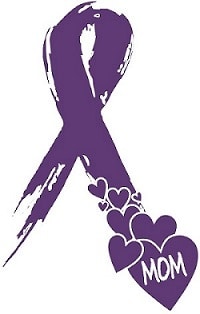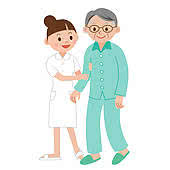
This might be uncomfortable for some of you to read…it certainly was uncomfortable for me to experience.
As the son of a mother with Alzheimer Disease (and her primary caregiver) you eventually end up doing things for which you could never have dreamed. I’m not a doctor / nurse or trained caregiver – I’m just a guy who wanted to see his mom (after a very difficult life) battle this disease in the comforts of home.
The first time I had to put my mom in the shower was obviously awkward for me but I closed my eyes and got through it. Okay…I’ll get straight to it. Here’s the viewers discretion warning – so if you’re easily grossed out then change the channel / turn off the television or whatever.
INCONTINENCE – This really was the dirty work. The initial experience for me (before she started wearing depends) was one of shock. I recall saying “God – take me now” somewhere during hour 15 or 16. Seriously I spent 15 or 16 hours straight following my mom around the house with a mop and bucket. It’s not like I had a 25 foot roll of plastic handy where I could cover every chair / couch or bed in the house. The nightmare doesn’t end with depends either. There were nights that I never went to bed because I was washing clothes, cleaning carpets and the record…changing her bedding 9 times in one night. On more than one occasion I’m working at cleaning my mom’s posterior with my right hand (yes…with a wash cloth) and attempting to hold her with my left hand. This little 95 pound polish women was strong as can be as put up a fight every step along the way. I’m trying to clean her and she’s hitting me, pulling my hair and gee…guess what was all over her hands when she was pulling my hair and slapping me? YEP. Now 10 minutes after we’re done, she’s all clean and settled back down in bed or in a chair she would look at me and softly, tearfully say “I’m sorry”.
See – there is no easy way to get through events like these described above. You learn things as you go but sometimes you’re just not prepared. The best thing you can do for an A.D. patient is just to try your best. Sometimes you get angry and frustrated…sometimes I would escape for 3 minutes into our detached garage (close all the windows and doors) and yell obscenities at the top of my lungs. Then upon re-entering the house I would tell her I loved her.

